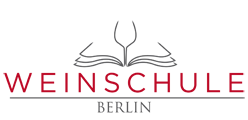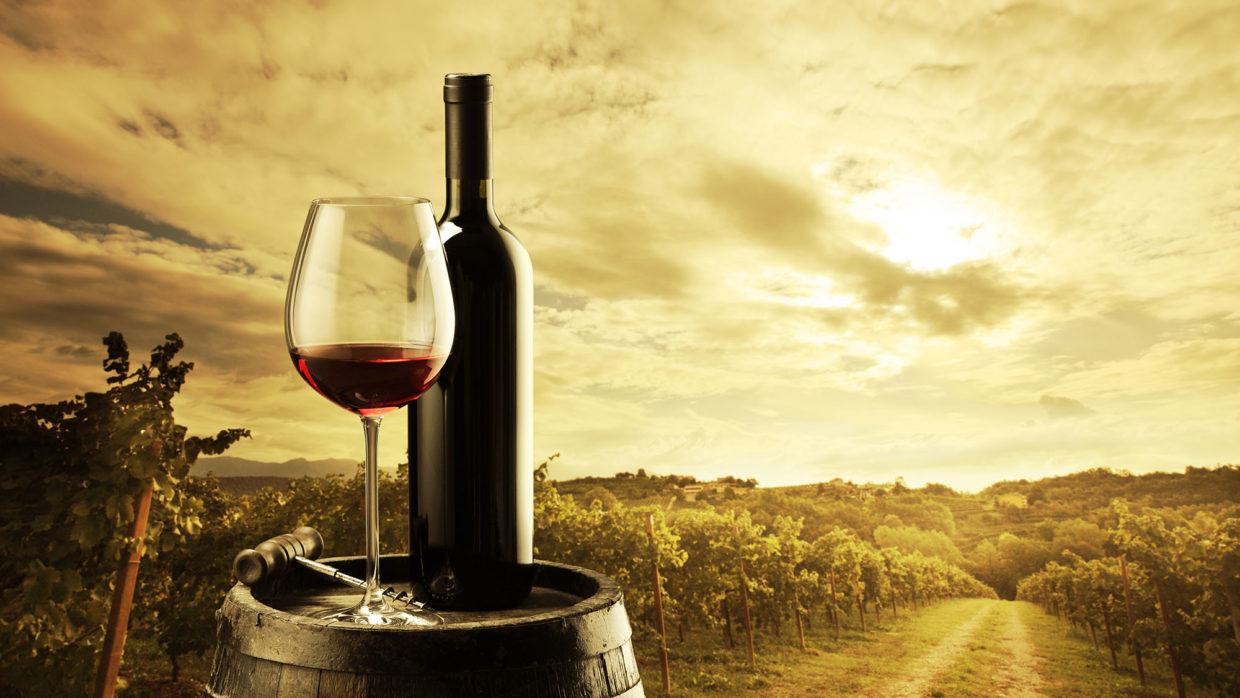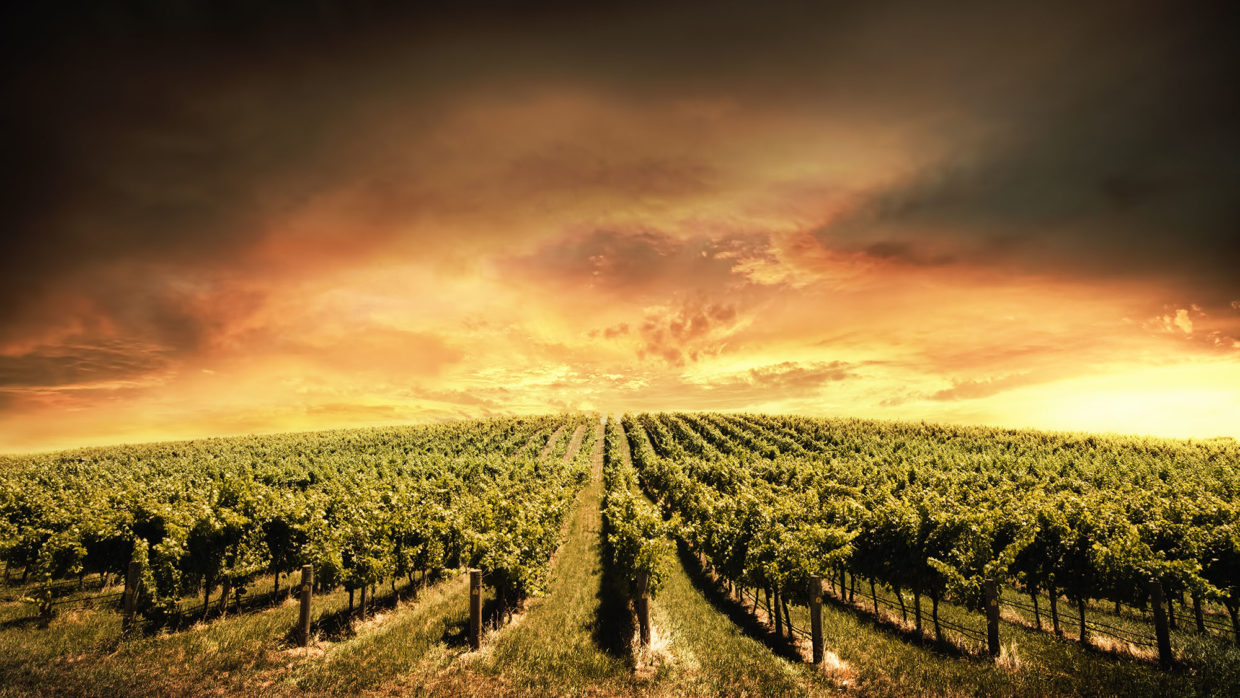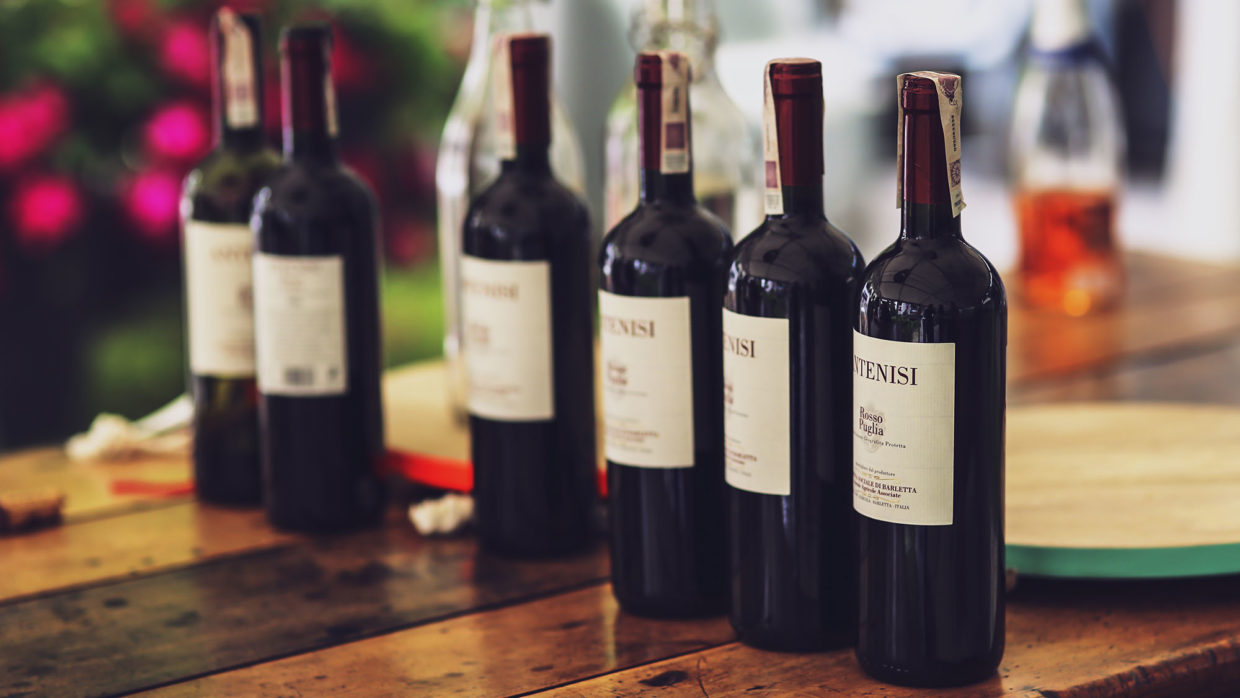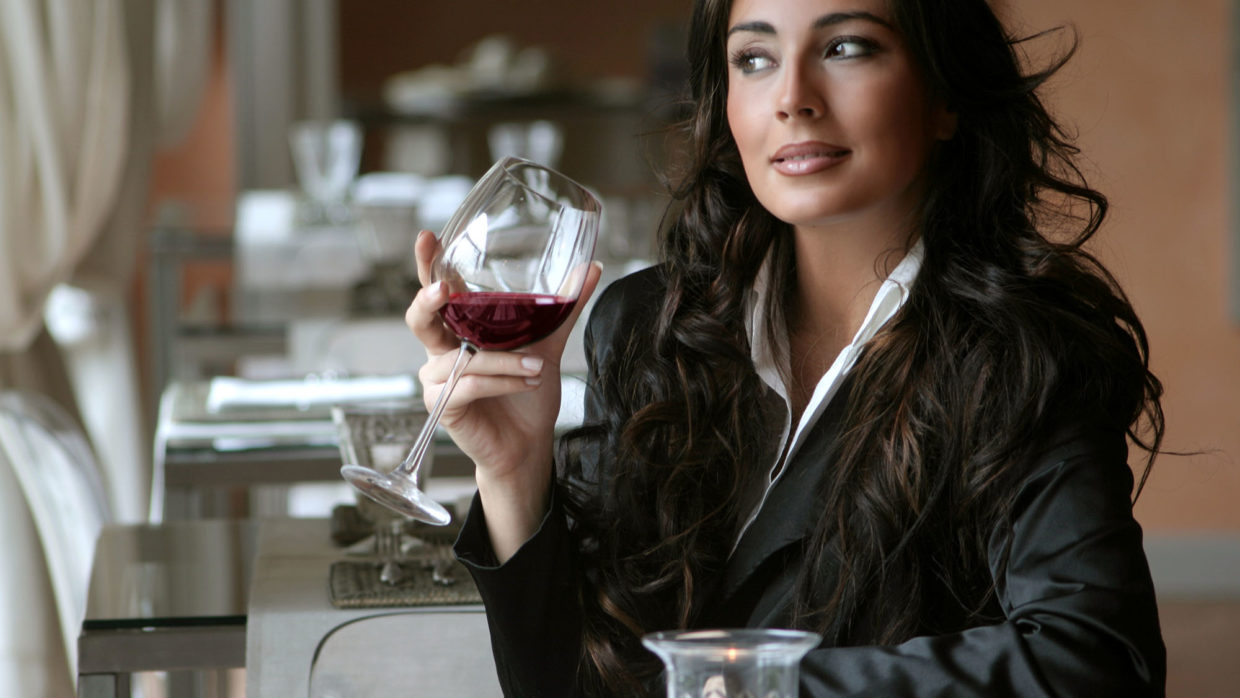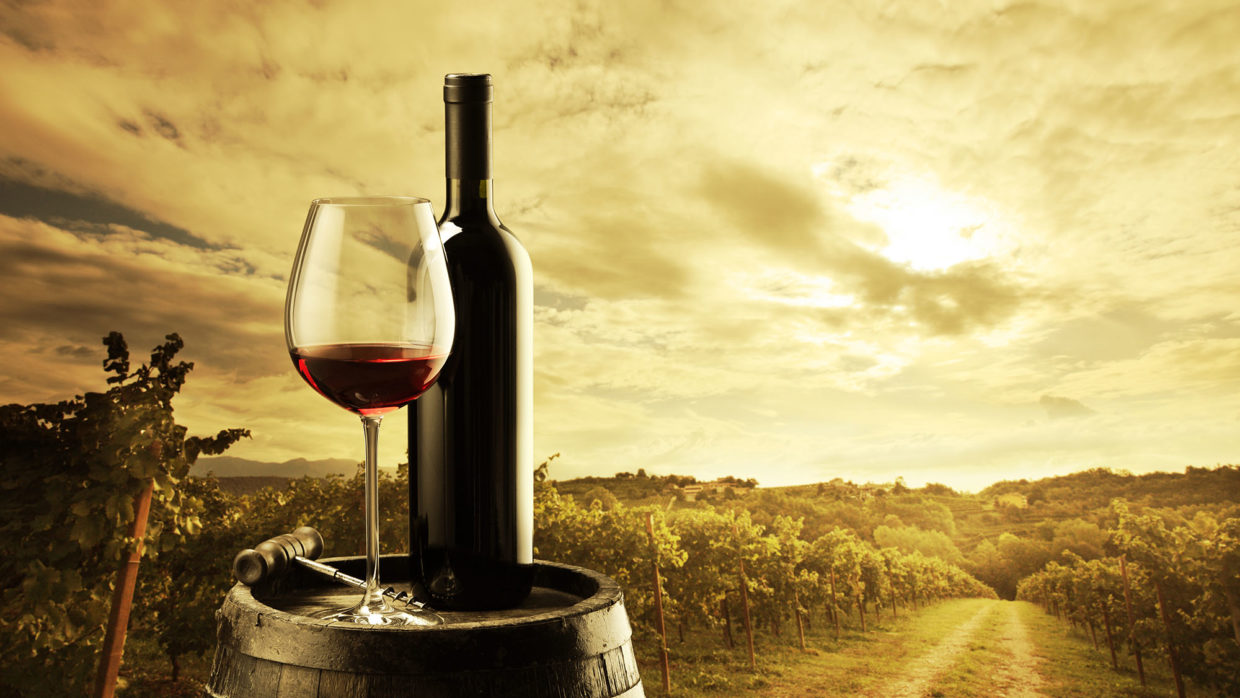Vintage, in winemaking, is the process of picking grapes and creating the finished product (see Harvest (wine)). A vintage wine is one made from grapes that were all, or primarily,
Alternative wine closures are substitute closures used in the wine industry for sealing wine bottles in place of traditional cork closures. The emergence of these alternatives has grown in response
Alcoholic beverages were made by indigenous peoples of the Americas before the Age of Discovery. Indigenous peoples are known to have used maize, potatoes, quinua, pepper tree fruits and strawberries to make alcoholic beverages. Despite the existence of species of the vitis genus (to which Vitis vinifera belongs) in Venezuela, Colombia, Central America and Mexico indigenous peoples did not ferment these species and therefore did not make wine.
In ancient times, the reputation of a wine depended on the region the wine came from rather than an individual producer or vineyard. In the 4th century BC, the most
Great wines taste like they come from somewhere. Lesser wines taste interchangeable; they could come from anywhere. You can’t fake somewhereness. You can’t manufacture it … but when you taste a wine that has it, you know.
Riesling has a long history, and there are several written references to the variety dating from the 15th century, although with varying orthography. The earliest of these references dates from
Fruit wines are fermented alcoholic beverages made from a variety of base ingredients (other than grapes); they may also have additional flavors taken from fruits, flowers, and herbs. This definition
Wine is regulated by regional, state, and local laws. The laws and their relative rigidity differ for New World and Old World wines. Old World wines tend to have more stringent regulations than New World wines. Various wine laws, however, may include appellation-based regulations that cover boundaries as well as permitted grape varieties and winemaking practice-such as the French Appellation d’origine contrôlée (AOC), Italian Denominazione di origine controllata (DOC), Spanish Denominación de Origen (DO) and Portuguese Denominação de Origem Controlada (DOC). In some New World wine regions, such as the United States and Australia, the wine laws of the appellation systems (American Viticultural Area (AVA) and Australian Geographical Indication (GIs)) only pertain to boundary specifics and guaranteeing that a certain percentage of grapes come from the area listed on the wine label.
Other techniques associated with Old World winemakers include higher fermentation temperatures and a period of extended maceration following fermentation where the wine can leech more phenolic compounds from the grape skins.
This can create more tannic and austere wines with more layers of complexity that require longer periods of bottle aging in order to mature. In contrast, the technique of transferring the must into oak barrels during fermentation and inducing malolactic fermentation early is more commonly associated with New World wine regions and wines that are softer and mature earlier.
Viticulture in most of the Old World wine regions dates back to several hundred or even thousands of years with the Phoenicians, Greeks and Romans establishing some of the earliest
Old World winemaking is often terroir driven with emphasis being placed on how well the wine communicates the sense of place where it originated. For example, a winemaker making a Riesling from the Mosel will often try to highlight the unique traits of the Mosel wine region (such as its slate soils) with the wine expressing those traits in the form of minerality.
